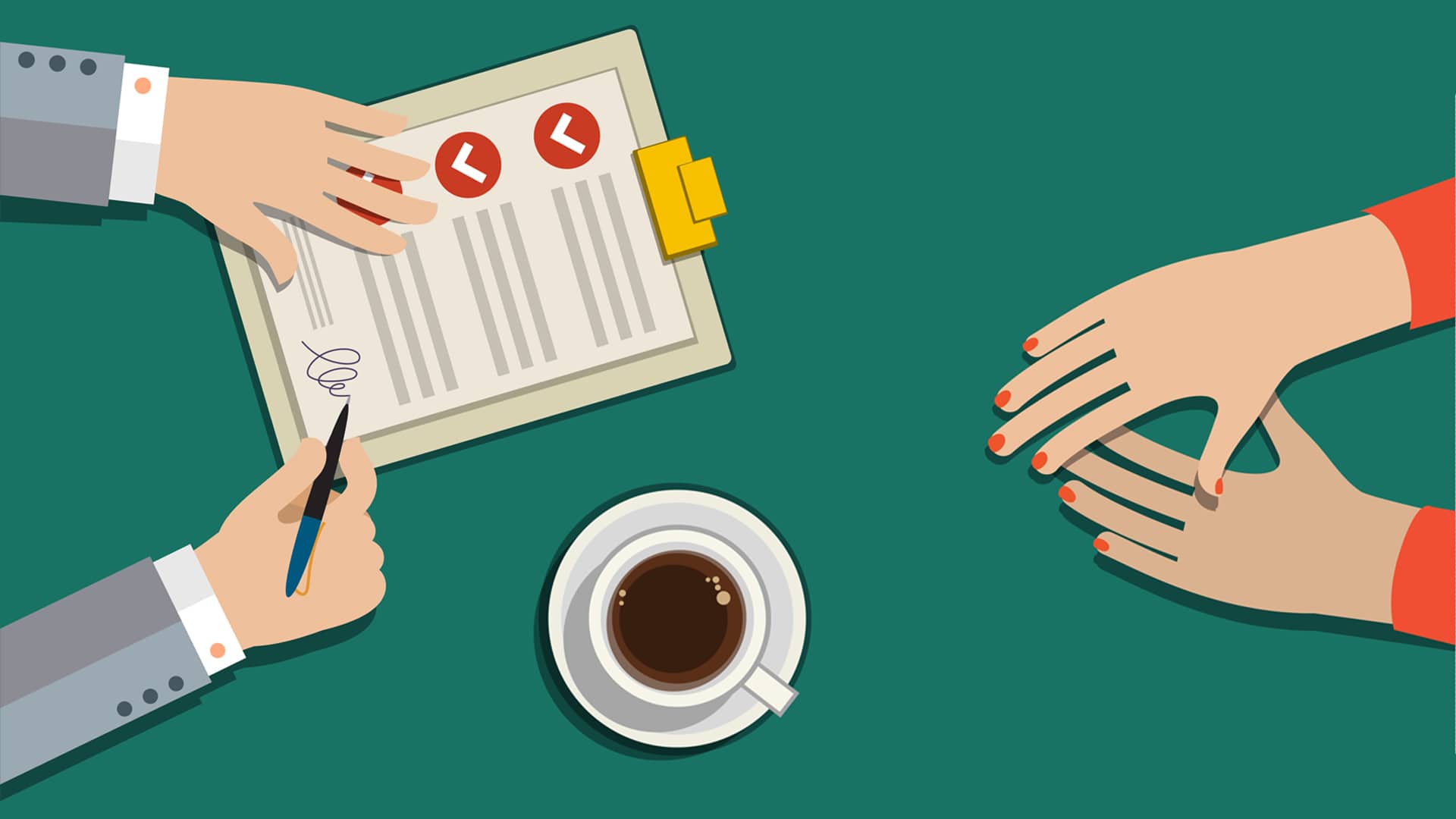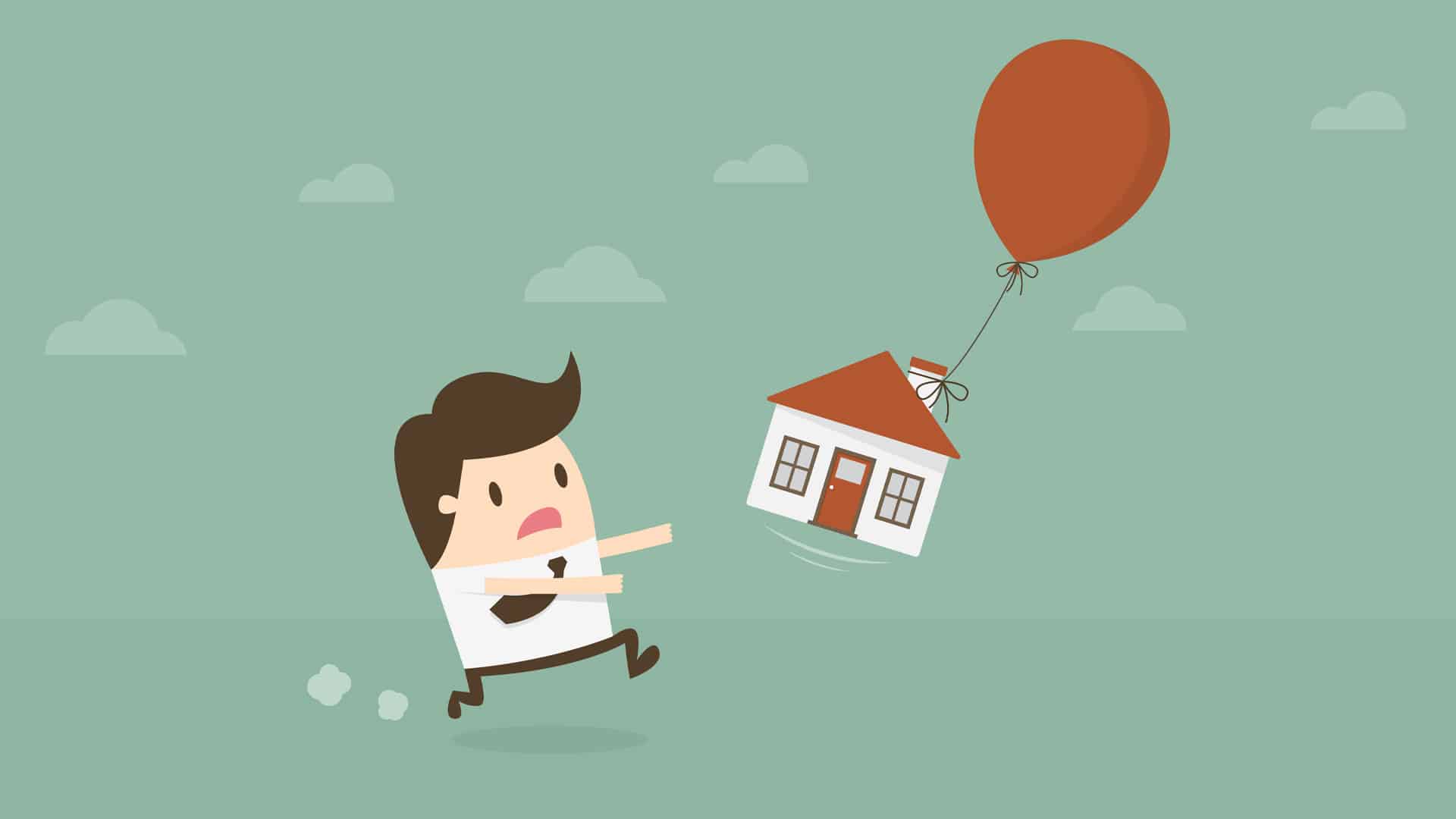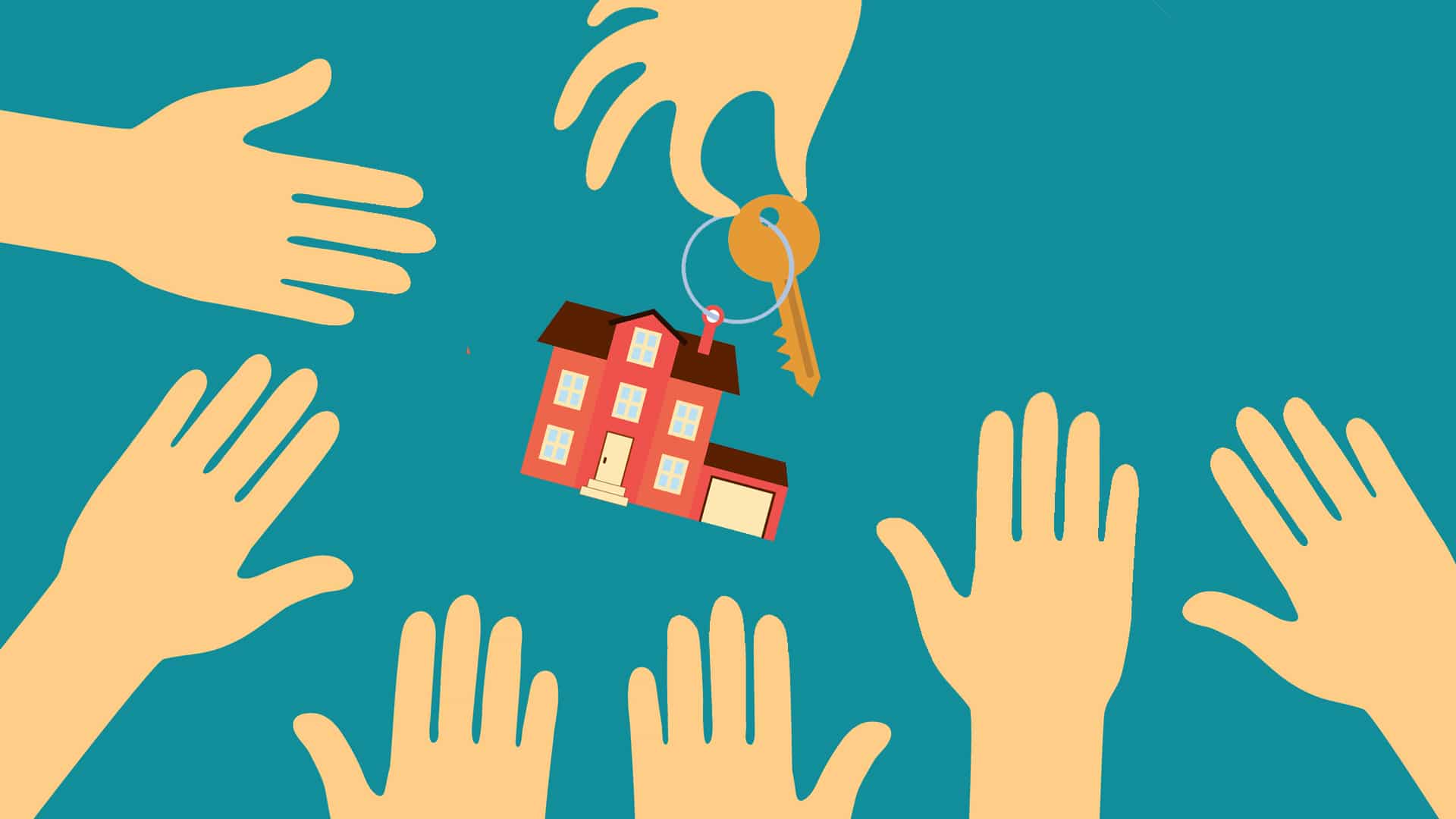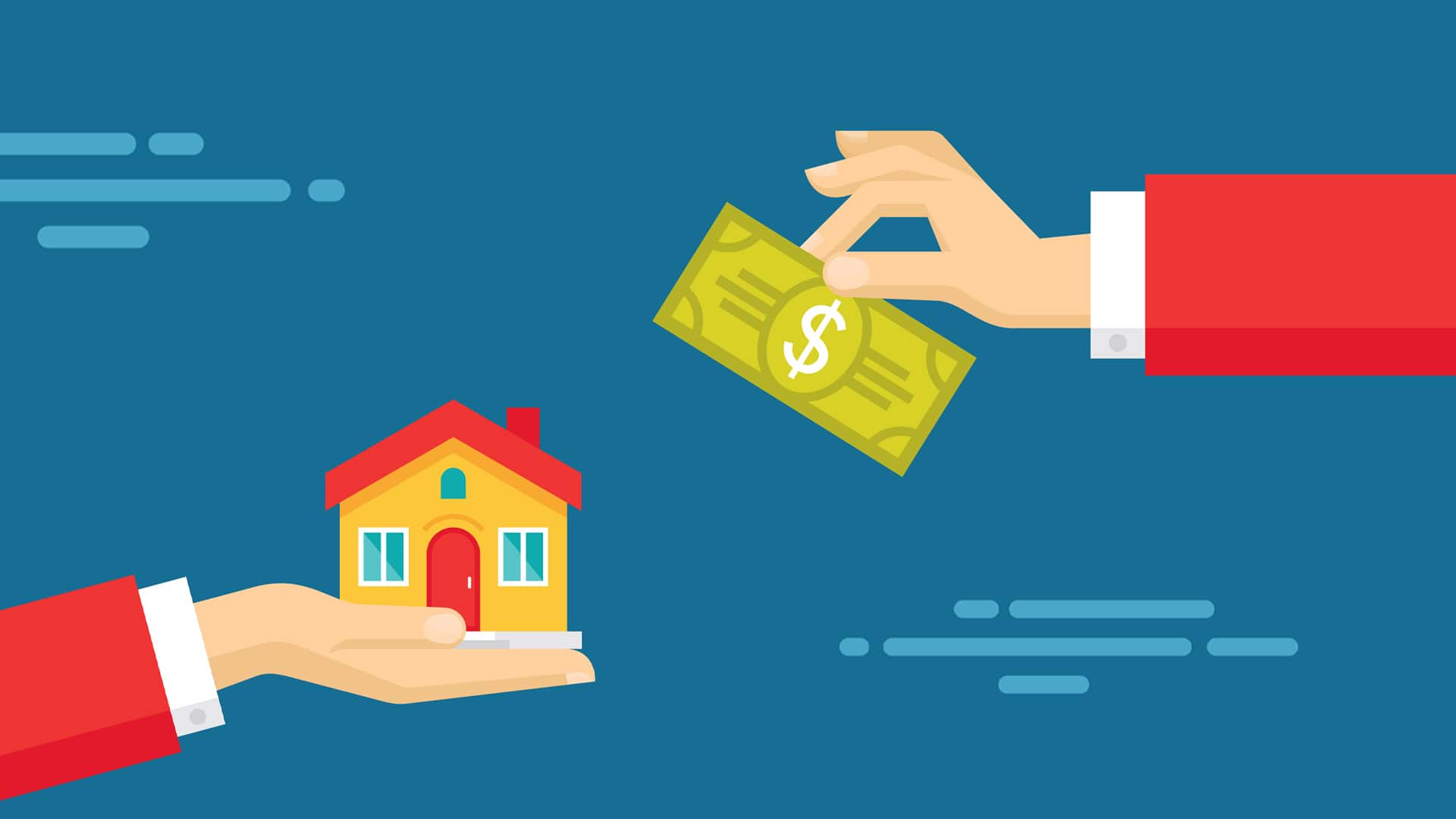One question that homeowners will ask me is “Should I Get a Loan Modification?” Typically, this question is asked if someone is going through a financial hardship and is having difficulties making their mortgage payments.
In this situation, the homeowner is hoping that the bank will lower their mortgage payments so they can continue living in the house.
Will a loan modification achieve this goal?
Below is a quick video I shot answering the question.
What Is A Loan Modification?
A loan modification is when the lender agrees to accommodate new and reduced loan payments for a given period of time.
The purpose of modifying the loan is to make it an affordable amount for the homeowner until you can resume your regular mortgage payments.
There are several ways they can reduce your monthly payment and modify your mortgage. The most common include either an extension of your loan or a lowering of your interest rate. Very rarely will a lender agree to lower the principal amount of the loan.
All this sounds great, right? So do I recommend loan modifications?
Should You Look Into Loan Modifications?
I typically recommend AGAINST going thru the loan modification process. The reasons are threefold:
-
- Low approval rate – I’ve typically found that only 1 out of 10 people get approved for a loan modification from the bank. There’s not much motivation in a good economy for banks to modify an existing loan, especially for a person who is in financial distress.
- Not out of the woods yet – Just because you’ve been approved for a loan modification doesn’t mean that the bank can’t and won’t still move forward with the foreclosure process. Technically the original promissory note and deed of trust are still in default and the borrower is no longer paying according to that note. Because of this, we have seen individuals still go to foreclosure after making payments on loan modifications.
- Still dinging your credit – If you have a government-backed loan or a government-insured loan through departments like Fannie Mae, Freddie Mac, Veterans Affairs or the Federal Housing Administration, you may qualify for the Home Affordable Modification Program (HAMP) and may not have a negative impact on your credit score. However, if you have a private mortgage, your credit score will be affected every month because you’re not paying the full amount of your loan payment.
Alternatives To Loan Modifications
If you’re looking to modify your loan, chances are you’re facing a financial hardship. There are typically 5 options (though option one is NOT an option) that you can choose:
-
- Do Nothing: If you choose to ignore the problem and hope it goes away, the only thing that will go away for certain is your home. The bank will most likely take back your house through a foreclosure auction on the 1st Tuesday of the month. You don’t want to do this as there are several negative consequences to foreclosure, including credit and tax penalties that will cost you money for years. Doing nothing is the worst option you could choose.
- Forbearance: In this situation, the lender may be able to arrange a repayment plan (including temporary payment reduction or suspension of payments) based on the homeowner’s financial situation. However, this approach can truly damage your credit for years. Also, if you take this risk, you must be certain that after the forbearance period, you will be able to pay a higher mortgage rate. If banks cut you a short term break, they’ll always find a way to recoup that loss in the long term.
- Bankruptcy: This option can liquidate debt and/or allow more time. However, bankruptcy is rarely a good choice while you are in the house. You can stall a foreclosure with a bankruptcy, but then after bankruptcy, the bank may still foreclosure (worst case scenario). Two common types of bankruptcy:
– Chapter 7 (Liquidation) To completely settle a personal debt
– Chapter 13 (Wage Earner Plan) Payments are made toward a plan to pay off debts in 3-5 years. – Chapter 11 (Business Reorganization) A business debt solution. - Short Sale: A short sale is when the bank agrees to ‘short’ or discount a note in order to sell to a qualified buyer. If you need to sell your house and are behind on payments, the home requires repairs, and you owe more than the property is worth, then this may be your best option. This process takes months to negotiate and there will be damage to your credit report, but typically you can rebuild your credit quicker with a short sale on your record than with a foreclosure.
- Assignment of Mortgage Payments: If you have little or no equity in your house, are behind on payments and want to sell quickly without damaging your credit, then you may want to consider assigning your mortgage payments to another party. Many distressed homeowners in Texas find themselves in this situation, but most Realtors never provide this solution. We can help!
Best Option Instead Of Loan Modification
The best thing you can do if considering a loan modification is to contact us to seek out all of your options. Contact us and we guarantee the following:
-
- We will always listen to what you have to say and treat you with respect & kindness
- Based on your needs, we will make you some creative offers that may be more beneficial to your situation and timeframe
- If you don’t like our offers, we will offer to list your home, with one of our affiliate agents, with our purchase offer as a back-up
- Our offers are no-pressure and no-obligation
The only way we cannot help you is if you do not contact us today.





